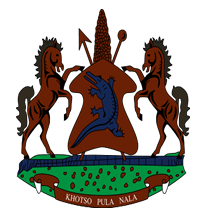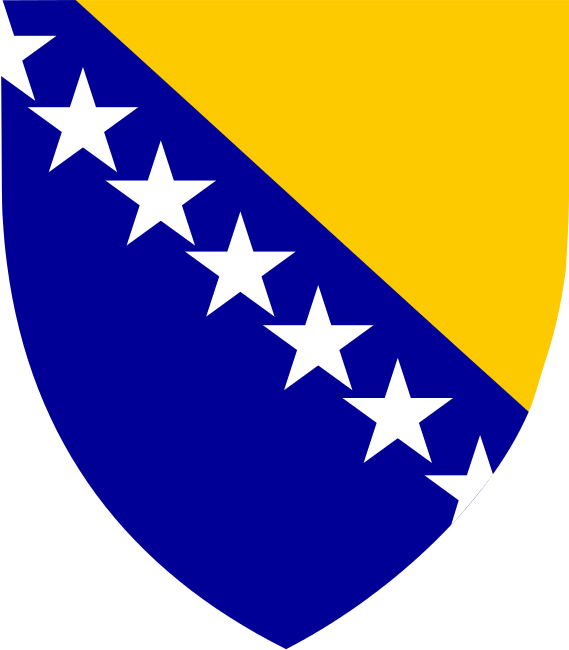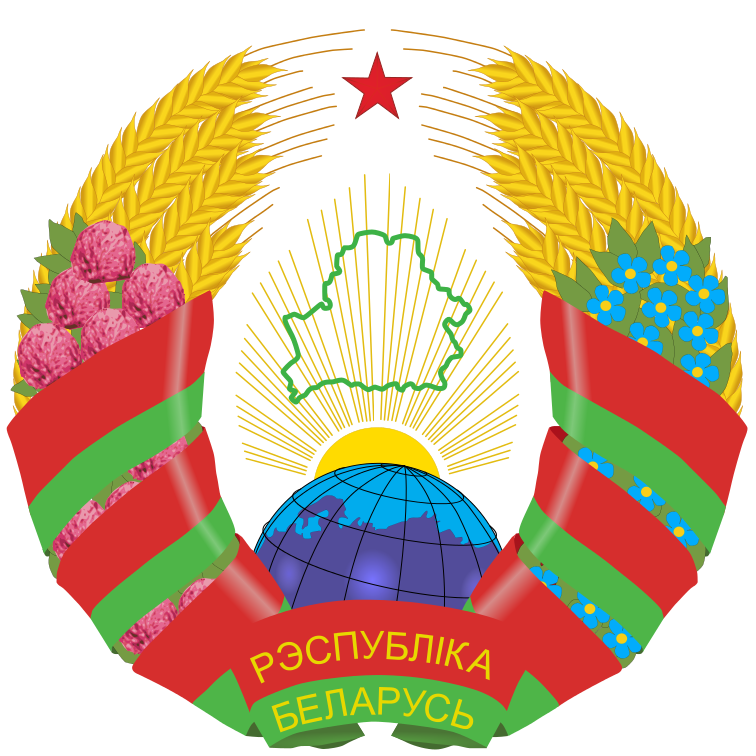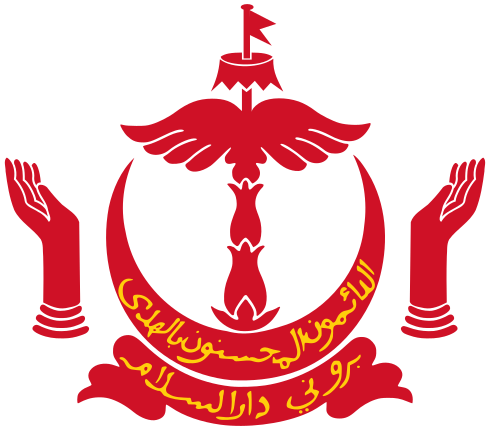Câmara dos Deputados
O Papel da Câmara dos Deputados
O Poder Legislativo cumpre papel imprescindível perante a sociedade do País, visto que desempenha três funções primordiais para a consolidação da democracia: representar o povo brasileiro, legislar sobre os assuntos de interesse nacional e fiscalizar a aplicação dos recursos públicos.











